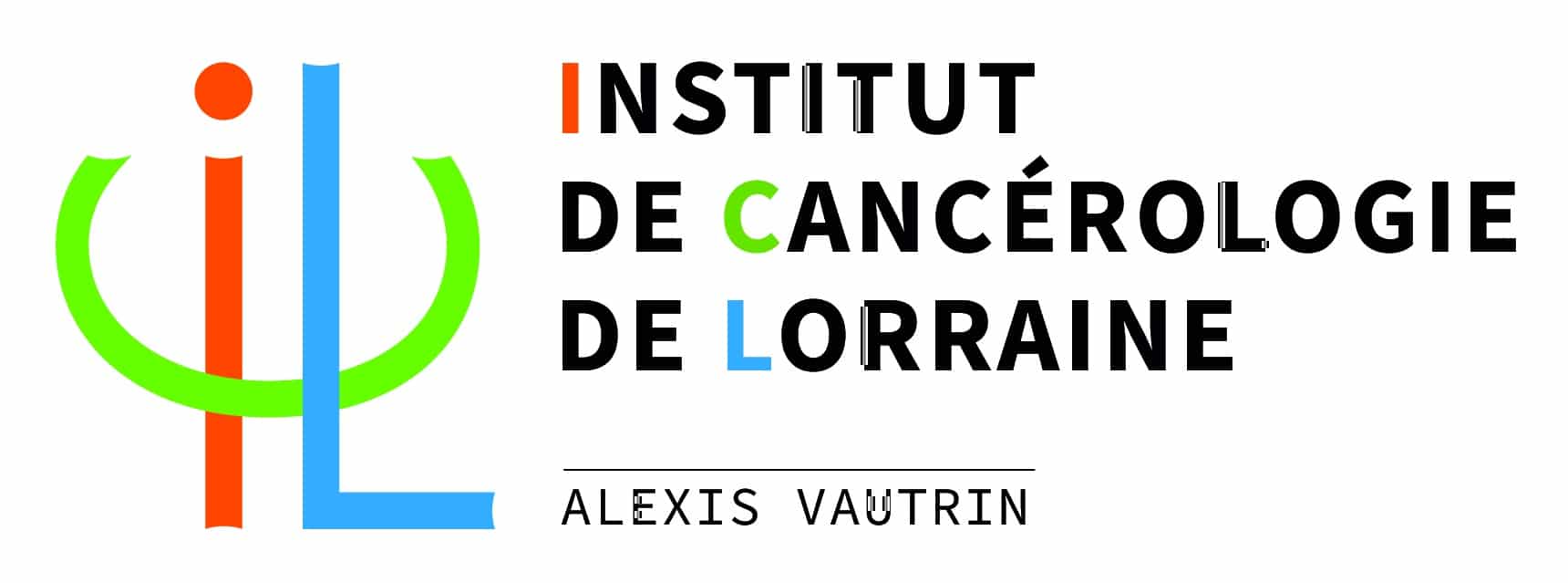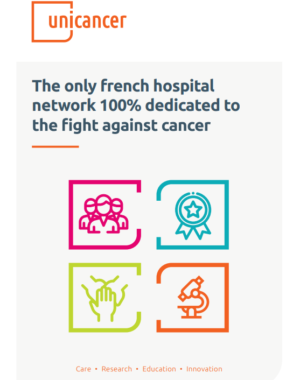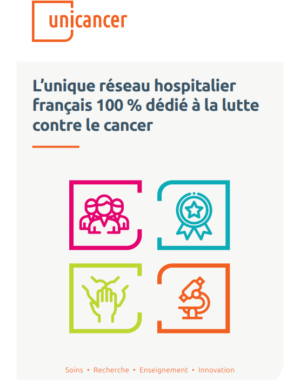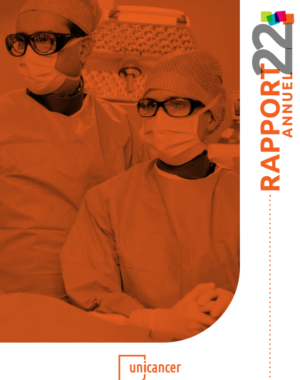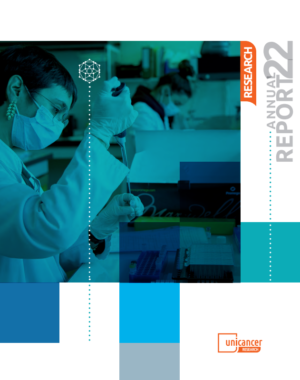25/10/2021 – NEWS – MEETING OF THE INTERNATIONAL SOCIETY OF PEDIATRIC ONCOLOGY 2021
A blood test to diagnose retinoblastoma, the most common pediatric cancer: a new non-invasive method, based on analysis of circulating tumor DNA, is being studied at Institut Curie. The promising clinical results were presented at the meeting of SIOP 2021, an international event attended again this year by teams from Institut Curie dedicated to pediatric oncology.
Retinoblastoma is a cancerous tumor of the retina most frequently diagnosed before the age of 5. This serious disease can affect just one eye (in 60% of cases), or both eyes. With around 60 new cases every year in France, retinoblastoma is the most common pediatric cancer of the eye. Institut Curie is the leading treatment center for this retina cancer in France. Although the diagnosis is made following an examination of the optical fundus (along with an MRI or ocular ultrasound), access to the tumor tissue is very limited since biopsies are not possible, which means that the histopathological diagnosis of suspicious intraocular masses and onco-genetic trials for the family are difficult.

60% OF RETINOBLASTOMA CASES AFFECT ONE EYE ONLY

60 NEW CASES OF RETINOBLASTOMA EACH YEAR IN FRANCE
Within this context, the work of Dr. Irène Jimenez, pediatrician and researcher, conducted at Institut Curie in the Pediatric Oncology Translational Research team headed by Dr. Gudrun Schleiermacher, has enabled the development and discovery of a non-invasive method for analysis via a simple blood test. It is indeed possible to detect circulating tumor DNA in the plasma of patients suffering from non-hereditary intraocular retinoblastoma. This new technique will be invaluable for assisting in the diagnosis of suspicious cases, for family genetic counseling or for monitoring a residual intraocular disease.
“Because accessing this tumor is a major difficulty for the treatment of retinoblastoma, diagnosis via detection of circulating tumor DNA in the plasma paves the way for some very promising concrete clinical options,” declares Dr. Gudrun Schleiermacher, pediatrician and researcher at Institut Curie. “Today, liquid biopsies represent a significant breakthrough for children, first of all because they are non-invasive and can be used to characterize tumors.”
These results were presented orally at the SIOP 2021 meeting and were awarded the Young Investigator award from the International society of pediatric oncology.
To go further…
The scientific committee of the SIOP selected the six highest-rated abstracts in the fields of basic and translational science, clinical trials and development of pediatric oncology programs that were presented. The highest-rated presentation in each category received a 1,000-euro prize.
Lisa Golmard, head of the Constitutional Genetics unit and specialist practician at Institut Curie’s Hospital Group (Diagnostic and Theranostic Medicine division/PMDT – Genetics) is the 2021 winner of the “Basic and translational sciences” award for her oral presentation on a highly sensitive method for detecting genetic predisposition and biomarkers for retinoblastoma. This high-throughput sequencing method with molecular barcodes has been applied to analysis of DNA extracted from leucocytes, tumoral fragments and free tumor DNA in the plasma and aqueous humor (liquid taken from the front chamber of the eye, allowing access to tumor DNA in children with retinoblastoma undergoing conservative treatment).
Reference: Molecular diagnosis of retinoblastoma by circulating tumor DNA Analysis. Irene Jimenez (…) Gudrun Schleiermacher. Eur. J. Cancer. 021 Sep;154:277-287. https://doi.org/10.1016/j.ejca.2021.05.039




